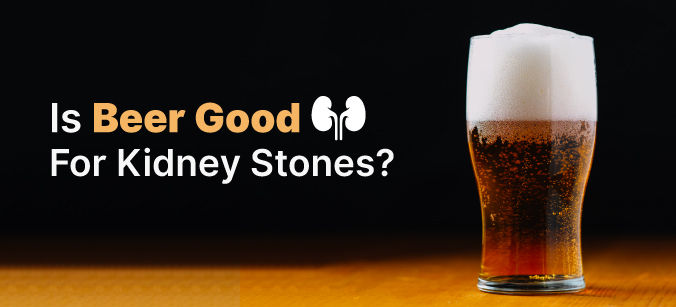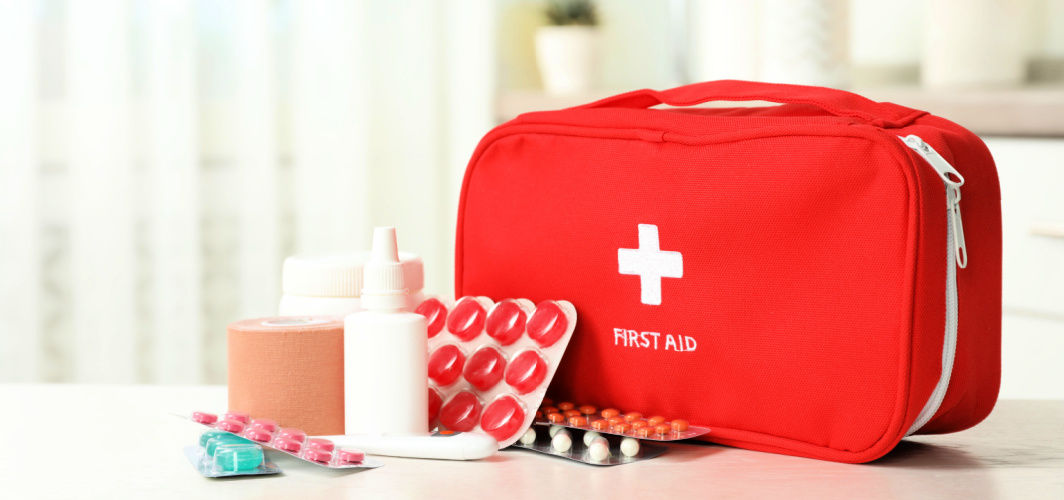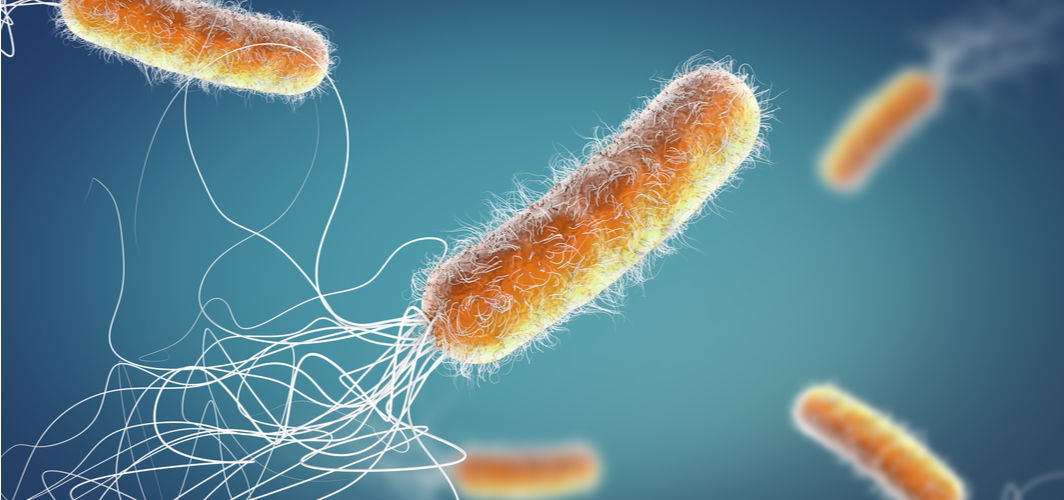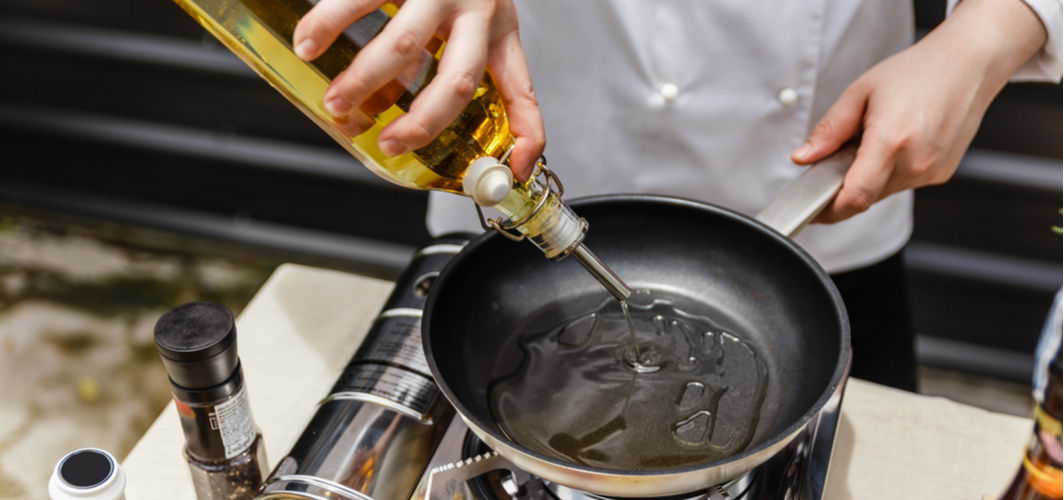General Health
Is Beer Good For Kidney Stones?
4 min read
By Apollo 24|7, Published on - 29 October 2022, Updated on - 26 October 2023
Share this article
0
20 likes

A kidney stone can be excruciating to pass with urination. They start as a crystal but can take the shape of a larger mass or stone with time. The bigger the size of the stone, the trickier it is to get rid of.
When it comes to treating kidney stones, there are multiple theories about the usage of beer. Numerous medical studies have been conducted to look into the impact of beer on the passage of stones. That being said, there's no conclusive proof that drinking beer or any form of alcohol can lead to easy removal of stones from the kidney. It’s a myth!
If you’re wondering how to handle kidney stones, this article will explain all about the right approach!
What Are the Kidney Stones?
Every year approximately half a billion patients seek medical assistance for kidney stone complications. Kidney stones are solid deposits composed of minerals and salts present inside the kidney. The most common types of kidney stones are uric acid, cystine, struvite and calcium oxalate.
There's no specific reason behind the creation of kidney stones in the body. It can be a result of poor diet, obesity, medications and other supplements. Additionally, it can impact any part of the entire excretory system.
Generally, the stones are formed when minerals in urine start concretising. When there's an excess of waste in urine and a scarcity of liquid to expel out of the body, kidney stones are formed.
These masses can remain stagnant in the kidney or travel into the ureter, which results in urine back-up and extreme pain.
Reasons Why People Think Beer Is Good For Kidney Stones
There are multiple reasons for individuals to hold the myth of beer's benefit as a fact. The most common factors behind the propagation are:
1. Facilitation of Diuresis
Beer, like any other alcohol, leads to diuresis or causes frequent urination. According to the myth, the more recurrent the urination, the easier it is for stones to move out of the body. However, this is far from the truth.
Beer consumption results in dehydration which causes water retention instead of normal removal. The lesser availability of liquid in the kidneys causes minerals to form crystals which become stones over time.
2. Consumption in Moderation
Some studies think that moderate consumption of beer can prove effective in kidney stone removal. Since kidney stones are formed in the lesser availability of fluid, beer in a moderate amount can facilitate the flushing without causing adverse effects. But this rationale is flawed!
There's no precise objective definition of moderation in beer consumption. Generally, the experts recommend not more than one drink in a day. That being said, the serving size can also exceed the recommended amount causing extreme dehydration.
Watch this video to learn more about the myths and facts about beer for kidney stones by Dr. Sanjay Maitra.
3. Prevention of Kidney Stones
Since a pint of beer consumption is out of the picture now, there are different and healthy alternatives to prevent stone formation. These methods will help you remove the kidney lumps and restrict their growth if the crystals have already started forming.
4. Drink More Water
Consuming water at regular intervals throughout the day is the best method to expel kidney stones from the body. Appropriate water intake dilutes the mineral concentration in the urine, which causes stones. Doctors usually recommend an average water intake of two to three litres to maintain the body’s overall health.
5. Lower the Sodium Intake
Increased sodium in the daily diet leads to higher calcium concentrations in the urine. The higher the calcium presence, the more will be the likelihood of stone formation. Generally, experts recommend a maximum sodium intake of 2300 mg daily. However, if you've dealt with kidney stones in the past, the recommended intake is 1500 mg.
6. Reduce Animal Protein
Eating an excess of animal protein like mutton, crabs, poultry etc., increases the uric acid level in the body, causing stones in the kidney. A higher presence of uric acid reduces urinary citrate, which prevents the occurrence of kidney stones.
7. Avoid Stone-Causing Edibles
Specific food items like spinach, beetroot, tea, nuts, and chocolate are high in oxalate, which is the common cause of stone formation. Avoid these food items if you are vulnerable to kidney stone development or already have the problem.
Note: Only patients suffering from oxalate kidney stones need to avoid dairy products.
To Conclude
Beer doesn't ease the removal of kidney stones. Even though it leads to excess urination, frequent consumption doesn't result in stone removal.
These stones can remain dormant until they grow in size or can cause unbearable pain. In some patients, it can appear once, while in others, it recurs every few years. But, there's no quick fix like beer intake to remove them immediately.
With adequate nutrition and water consumption, you can prevent the possibility of kidney stone formation.
If you're dealing with stones right now or suspect their presence, click the below button to consult with one of our best Nephrologists and avail of prompt medical assistance.
Book Your Appointment with Dr. Sanjay Maitra
Medically Reviewed by Dr Dhanunjay Reddy B
General Health
Consult Top Nephrologists
View AllLeave Comment
Recommended for you

General Health
20 Things You Must Have In Your First-Aid Kit
Every house should have a first aid kit to handle emergencies. From antiseptic lotion to bandages, cotton rolls and disposable gloves, here are 20 items that you should have in your first aid kit.

General Health
How to Prevent Antibiotic Resistance in the Body
Antimicrobial resistance is a natural process that has been expedited due to the improper and excessive use of antibiotics, antifungals, antivirals, and antiprotozoal medicines.

General Health
Which Is The Best Oil For Cooking?
Your cooking oil can affect your health adversely. Read to know which oil is best for cooking.
Subscribe
Sign up for our free Health Library Daily Newsletter
Get doctor-approved health tips, news, and more.
Visual Stories

Could There Be More to Your Snore?
Tap to continue exploring
Recommended for you

General Health
20 Things You Must Have In Your First-Aid Kit
Every house should have a first aid kit to handle emergencies. From antiseptic lotion to bandages, cotton rolls and disposable gloves, here are 20 items that you should have in your first aid kit.

General Health
How to Prevent Antibiotic Resistance in the Body
Antimicrobial resistance is a natural process that has been expedited due to the improper and excessive use of antibiotics, antifungals, antivirals, and antiprotozoal medicines.

General Health
Which Is The Best Oil For Cooking?
Your cooking oil can affect your health adversely. Read to know which oil is best for cooking.